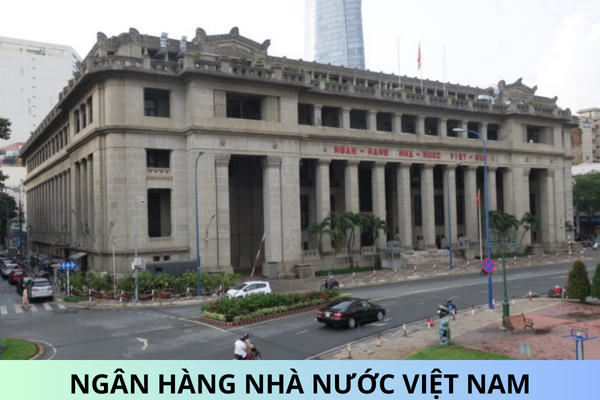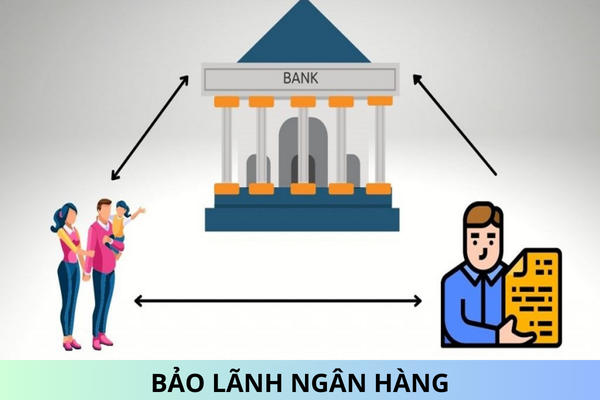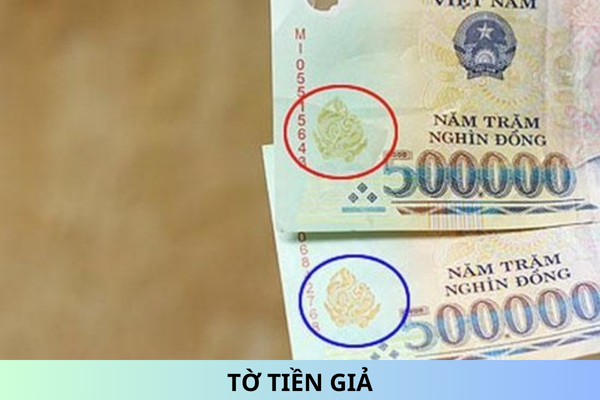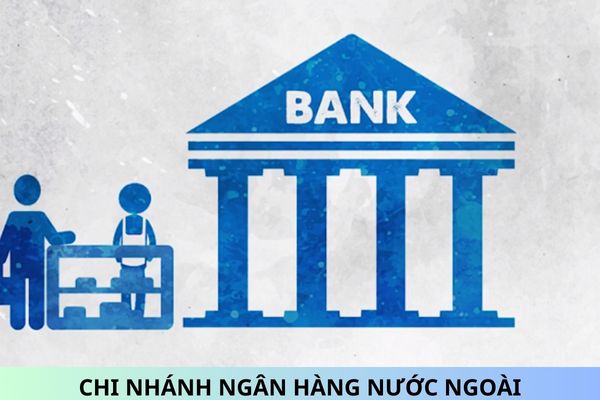Can commercial banks act as distribution and payment agents for Government bonds from January 15, 2024 in Vietnam?
Let me ask: Can commercial banks act as distribution and payment agents for Government bonds from January 15, 2024 in Vietnam? - Question from Ms. Ngan (HCMC).
Can commercial banks act as distribution and payment agents for Government bonds from January 15, 2024 in Vietnam?
In Article 17 of Decree 95/2018/ND-CP amended by Clause 4, Article 1 of Decree 83/2023/ND-CP, there are regulations on private issuance of Government bonds as follows:
Private issuance of Government bonds
1. Private placement is a method of directly selling Government bonds to each buyer or choosing a commercial bank or foreign bank branch to act as a distribution and payment agent for Government bonds (hereinafter referred to as distribution agents) to buyers.
...
5. Conditions for being a distributor:
a) Are commercial banks and foreign bank branches legally established and operating in Vietnam, with the function of providing bond issuance agency services according to the provisions of the Law on Credit Institutions and guidance from the State Bank of Vietnam;
b) Have an operational network to meet the distribution and payment of Government bonds;
c) Have a plan to organize bond distribution and payment that meets the requirements of the issuer for each issuance.
Thus, from January 15, 2024, commercial banks can act as distribution and payment agents for Government bonds if they meet the following conditions:
- Are commercial banks legally established and operating in Vietnam, with the function of providing bond issuance agency services;
- Have an operational network to meet the distribution and payment of Government bonds;
- Have a plan to organize bond distribution and payment that meets the requirements of the issuer for each issuance.

Can commercial banks act as distribution and payment agents for Government bonds from January 15, 2024 in Vietnam? (Image from the Internet)
How many types of Government bond trading are there on the stock market in Vietnam?
In Article 19 of Decree 95/2018/ND-CP, there are regulations on Government bond transactions as follows:
Trading of government bonds
1. Government bonds shall be traded on the securities market by order-matching method and/or put-through (negotiated trading) method in accordance with the Law on securities and the Stock Exchange’s regulations approved by a competent authority.
2. Government bonds shall be traded on the securities market in the following forms:
a) Outright;
b) Repo and sell/buy back;
c) Other trading forms as prescribed by the Law on securities.
3. Repo and sell/buy back transactions of government bonds set forth in Point b Clause 2 of this Article are conducted by applying the following principles:
a) Term of a repo or sell/buy back transaction shall not exceed 01 year;
b) The buyer and seller shall themselves carry out a negotiation and enter into a repurchase agreement or sell and buy back agreement, which includes the following contents: quantity; interest rate (or bond price); term; collateral; hedge ratio; rights and obligations of contractual parties; disposal of collateral in case of either party’s failure to make the previously agreed settlement.
4. The SBV shall provide guidance on classification of debts and credit risk provisions for credit institutions that enter into repos and sell/buy back transactions of government bonds on the securities market.
5. The Minister of Finance shall provide guidance on trading of government bonds on securities market in accordance with regulations herein and the Law on securities.
Thus, there are 02 types of Government bond transactions on the stock market including:
- Regular purchases and sales;
- Resale and combined sale and repurchase;
- Other types of transactions according to the provisions of securities law.
What is face value of Government bonds in Vietnam?
Article 14 of Decree 95/2018/ND-CP stipulates the terms and conditions of government bonds as follows:
Terms and conditions of government bonds
1. Term:
a) Standard terms of government bonds are 3 years, 5 years, 7 years, 10 years, 15 years, 20 years, 30 years and 50 years.
b) Other terms of government bonds shall be subject to the Minister of Finance’s decision made in each period.
2. Face value: The face value of government bonds shall be VND 100,000 or its multiple.
3. Currency used in issuance and payment for government bonds is VND. In case government bonds are issued in the domestic market in foreign currencies, the currency used in issuance and payment of government bonds must be freely convertible currencies as regulated in Article 22 herein.
4. Forms:
a) Government bonds are issued in the forms of certificates, book entries or electronic data depending on each method of issuance.
b) The issuer shall decide the form of government bonds in each issue.
5. Interest rate:
a) Interest rate of government bonds shall be fixed interest rate, floating interest rate or discount rate as announced by the State Treasury.
b) The State Treasury shall decide the interest rate of government bonds within the interest rate bracket announced by the Ministry of Finance.
6. Methods for payment of government bonds:
a) Interest shall be paid for every 06 months or 12 months or in a lump sum on the maturity date in which the principal payment is also made. The issuer shall notify the method for payment of bond interest for each issue.
b) The bond principal shall be paid in a lump sum on or before the maturity date according to the issuer’s notification in each issue.
7. Issuance methods: Government bonds are issued through bidding, underwriting and private placement as prescribed in Article 15, Article 16 and Article 17 herein.
Thus, Government bonds have a face value of 100,000 VND or a set of 100,000 VND in Vietnam.
Note: Decree 83/2023/ND-CP takes effect from January 15, 2024.
Best regards!










